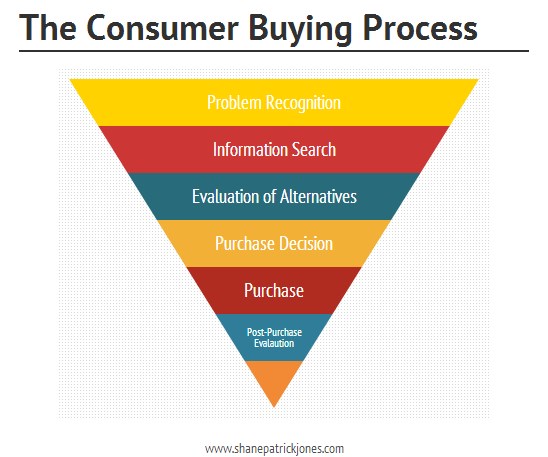This week was a fun week in the House O' Schmoid. One of the Middle School Daughter Unit's teachers sent home an email that she was getting dangerously behind on a project. I would not have freaked out too much if this had been the first time, but sadly... no. This led to a series of conversations with teachers and grandparents and ex-wives and... eventually with the MSD herself. Everyone agreed with the importance of education and learning how to learn. Even the MSD. Of course, after '
adulting', I spent some time thinking about what kinds of expectations I was setting up for her.
All I Wanted Was a Pepsi
We've all heard the 'what are you going to do with your life' speeches from various parents and counselors and therapists and institutional learning facilities. That all of what we learn in school is going to be useful later when we have to earn a living. And even the stuff that seems useless (the Pythagorean theorem is the usual whipping boy, but I've actually used that a few times a year), is useful in what it teaches around problem solving and the creation of good study habits. And I certainly did my part to land all of that with the MSD. But, in the face of mass automation of the work force and the potential of a '
post-work' society, are all of those worn parental speeches still valid?
I wrote about some of this
last week around the context of the Superb Owl and concluded that highly specialized entertainment skills like those used in American Football might be safe from automation. However, I was unable to come to any conclusion for the rest of us more average human specimen. And then I see stuff like:
with its spacial awareness and fast reflexes and extra articulation and I start to wonder exactly what reasons can be fed to a twelve-year old that are truthful motivations.
What Jobs of the Future?
Higher level thinking jobs are turning out to be some of the first to go.
Watson is doing a better job diagnosing cancers than 'real' doctors. And it's not the only
one. Banks are using
bots to help with personal finance and to stop fraud, taking out both customer service and law enforcement with one set of automation. That's on top of the heavy automation going into factory and menial service jobs.
(courtesy Fastcompany.com)
Going a step farther and looking at some of the jobs that are projected to be hot in
ten years, and most of those are already well on their way to being automated. Small plot farm bots exist. Medicine at all levels, from nurse to surgeon to researcher, is quickly getting automated because it minimizes mistakes. Even 'sex worker coach' is being replaced by
waifu pillows and ubiquitous internet porn.
One Word: Repair
As a parent, it is hard to make a serious argument for focused life direction. I've considered recommending that she finish high school and not go to college, but go to a trade school. Something like plumbing or carpentry or becoming an electrician. While there is a lot of automation going on in those fields as well, most of it is in new construction. Not repair. All of the pipes and wires and boards in our homes and offices will break. And they will break in such a way that an automated, task specific contraption will not be able to fix it. Or at least not at the same price as one of the hoards of out-of-work laborers.
Of course, those jobs are not sexy. They don't have the panache of an athlete or movie star or Wall Street type (or internet blogger). They are so not sexy that there is already a
shortage in the skilled trades. Which just means that those that can will charge more. Thanks, Invisible Hand.
With all of that said, telling a pre-teen girl who is into drawing and guitar and wearing fedoras that she should be an electrician was not something I dropped into the 'get your work done' conversation. Even those jobs (maybe, especially those jobs) require the critical thinking, planning and attention to detail that school work is supposed to help teach.
If it's properly funded and attracts the right teachers... but we won't need to worry about that because the teachers will all be Test Bots, Amazon Alexa and YouTube videos.
And with that, I'll head back to 'adulting'.







